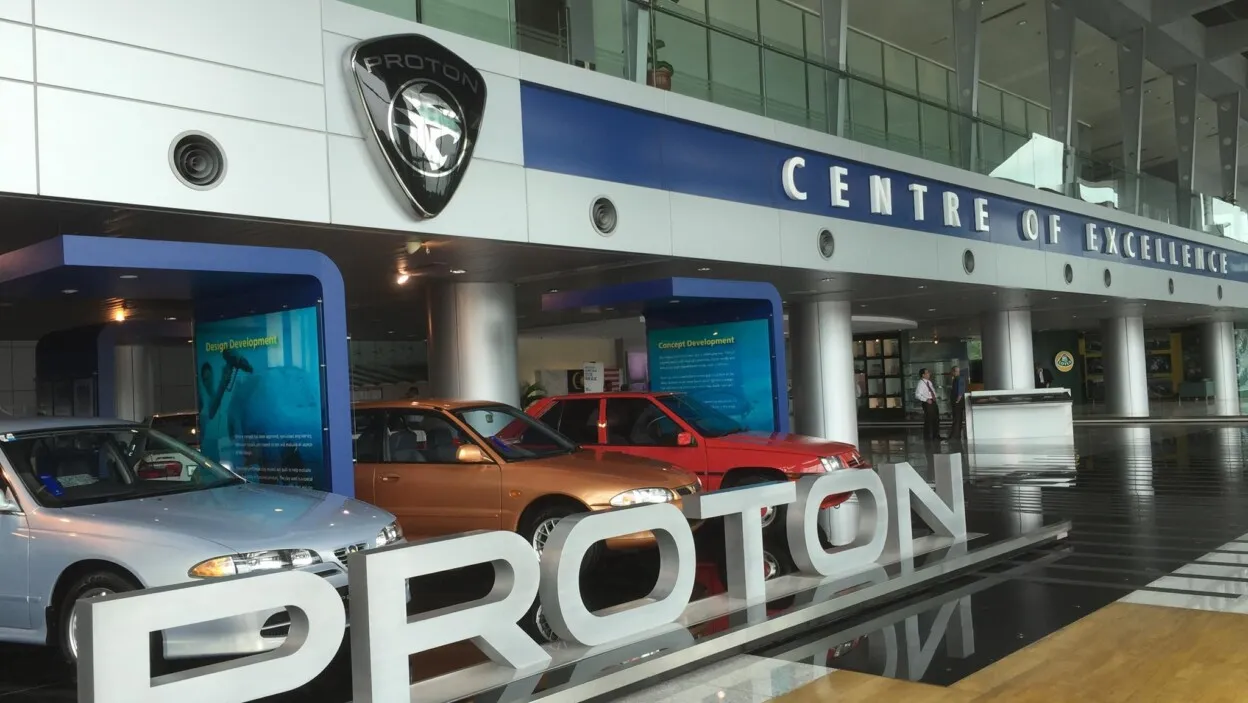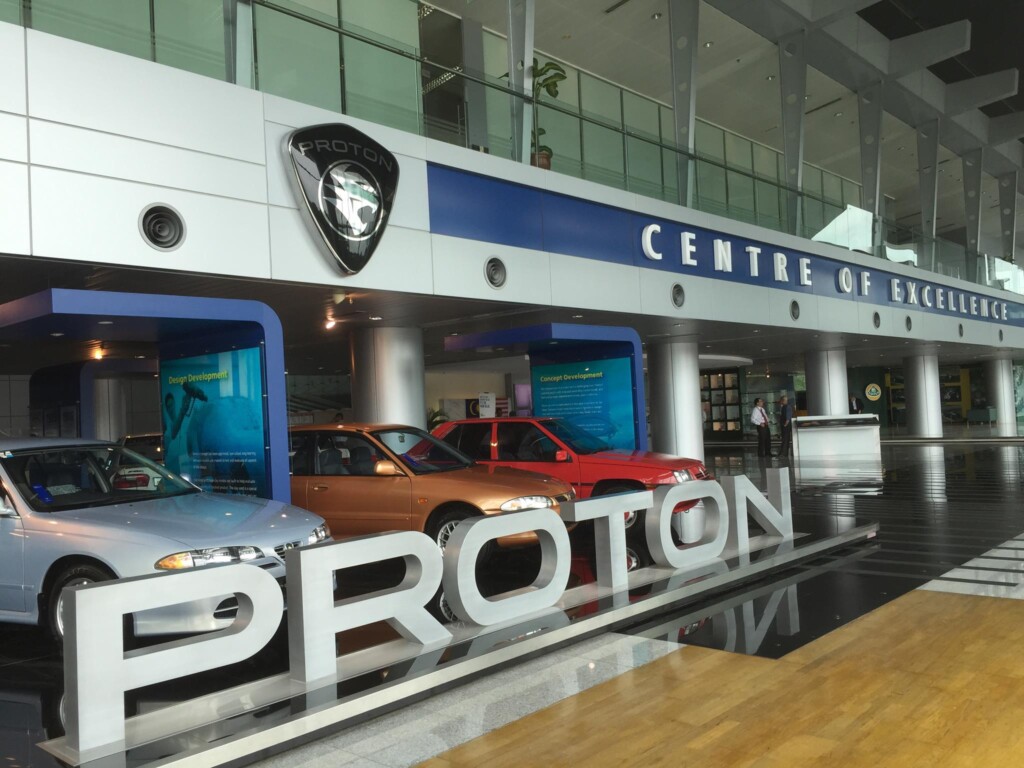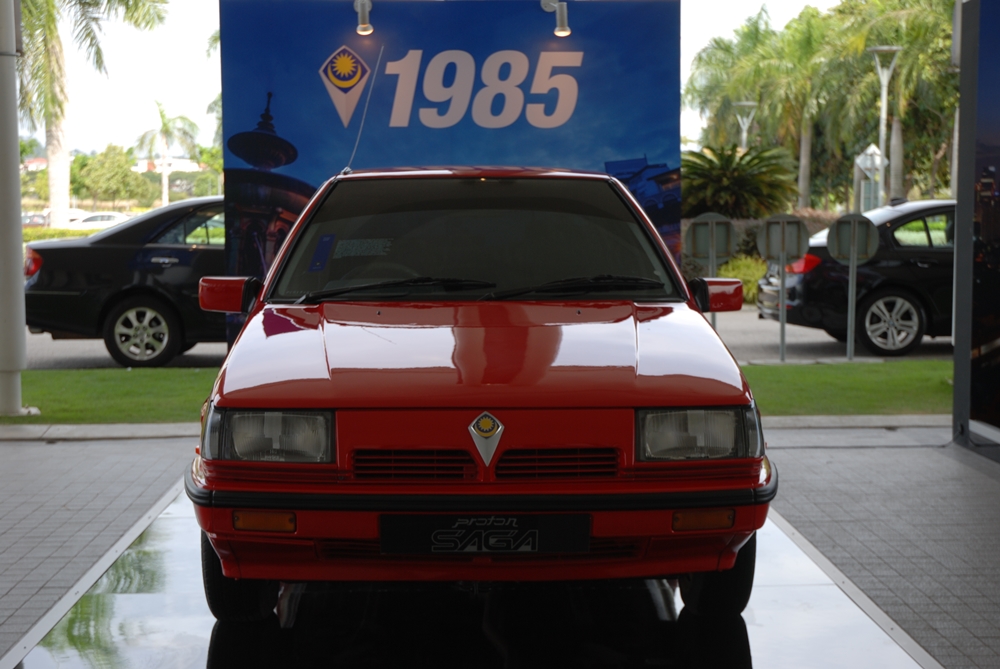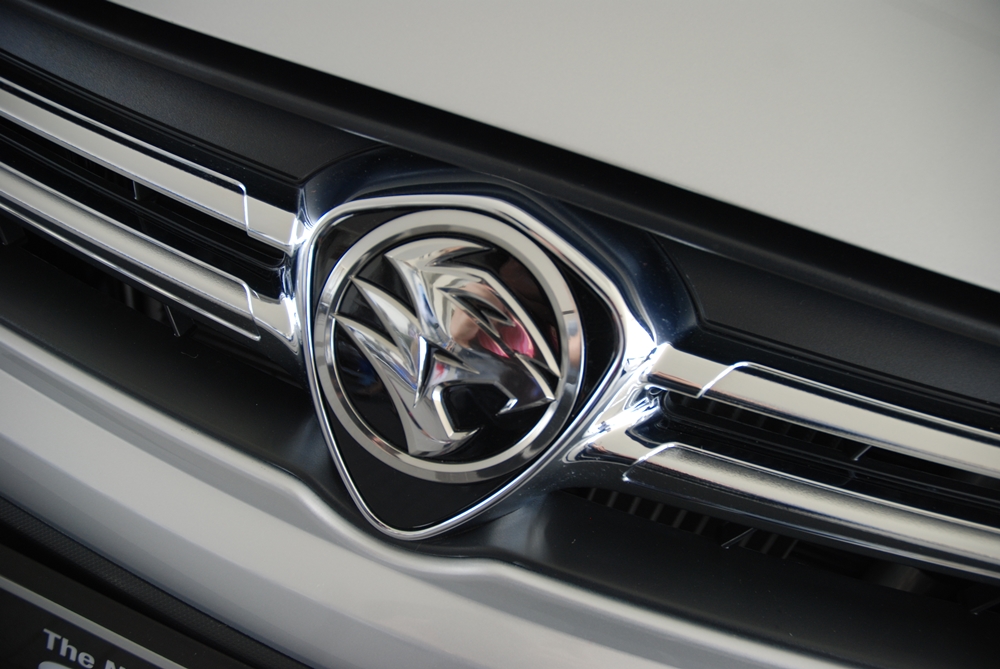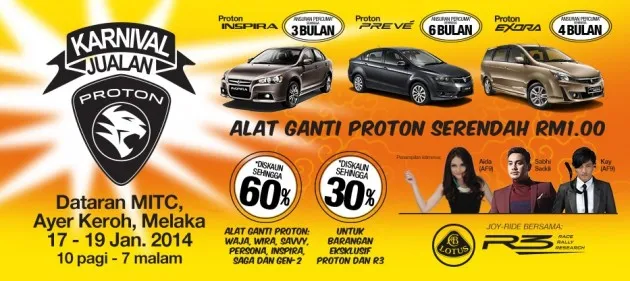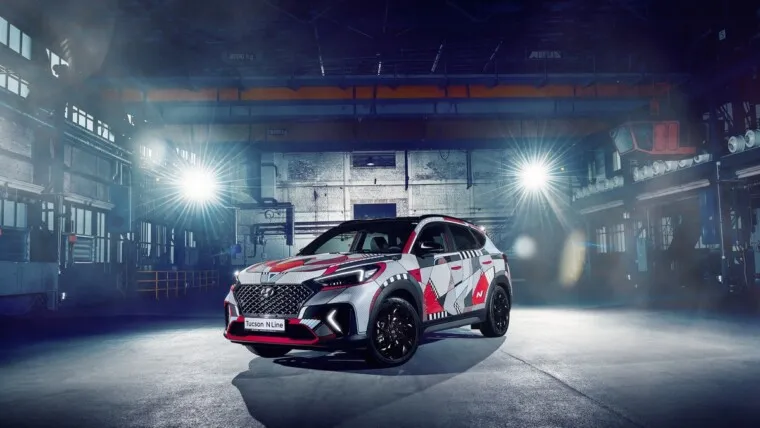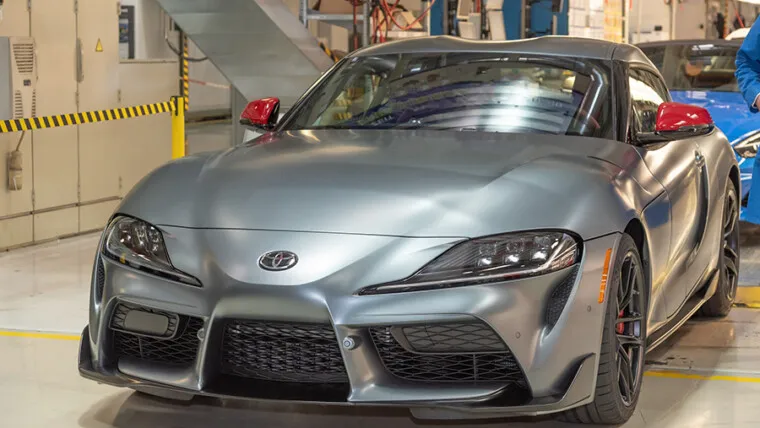DRB-HICOM, as 100% owner of Proton, believes that the automaker can be a more successful once a foreign strategic partner (FSP) is on-board. The entry of a FSP will enable Proton to revitalize itself through access to new platforms, powertrains and technologies which will further improve Proton’s range of products and its quality.
This revitalization of Proton’s market share underlines DRB-HICOM’s intent to keep the brand as a player in the automotive market. Proton has been in the market since the mid-1980s, and it has some brand equity in the domestic market, despite past and current challenges.
DRB-HICOM remains committed to revive Proton’s fortunes, and finding the right FSP is critical to that goal. In the past, Proton has shown that collaborations between a smaller carmaker and a larger carmaker can revive the former’s fortunes. DRB-HICOM is confident that with the right FSP, Proton will enhance its brand equity can again be a successful carmaker as it was in the 1980s and 1990s.
DRB-HICOM has yet to announce Proton’s FSP but there are three final shortlisted potential FSP that have conducted their own due diligence on Proton over the past weeks. DRB-HICOM is now waiting for the submission of bids from the parties, after which an earnest evaluation of the bids will commence. DRB-HICOM aims to complete the selection by June this year, and if possible much earlier in April this year.
DRB-HICOM stressed that the search for a FSP for Proton is a critical exercise to ensure the sustainability of the national carmaker. DRB-HICOM also assured that the they will continue to maintain a significant equity in Proton, once a FSP is on-board.
The FSP search is not about shirking the national responsibility but about enhancing Proton as a bona-fide carmaker, and eventually putting them, and Malaysia, on the global map, says DRB-HICOM.
As a responsible shareholder, as part of the evaluation, DRB-HICOM shall also assess the intention of the potential partners in utilizing the current “home-grown” vendor network. This is a very significant element in their evaluation, as DRB-HICOM who also own subsidiaries serving Proton as vendors, would avoid for these “home-grown” network to be diluted substantially.
In finding the right FSP for Proton, DRB-HICOM will evaluate three key criteria, which are strategic, operational and cultural fit.
A strategic fit will enable both parties to derive tangible benefits from the range of technology and products available, which will complement each other’s needs in their own markets. This strategic fit will also ensure that Proton can achieve economies of scale from its domestic operations. In evaluating the potential partners, DRB-HICOM will insist that the Proton badge and its technology will be expanded into ASEAN markets first and global arena subsequently.
An operational fit with the FSP ensures that both Proton and the partner will complement each other’s strengths. The structures that exist within each company must be able to blend well so as to achieve seamless operation at Proton and the partner themselves.
As in any collaboration, a cultural fit will ensure a successful union. This “chemistry” between the two parties will be critical in pushing Proton forward while enhancing the FSP’s own operations vis-à-vis their short and long-term plans.
These criteria are aimed at ensuring that both parties will be able to achieve each other’s strategic targets as quickly as possible and with minimum interruptions to business operations. With a close fit that matches the items listed, DRB-HICOM is confident the venture will be beneficial to all parties.
Contrary to common belief, Proton too has plenty to offer to the eventual FSP. First, they will have at their disposal Proton’s own range of affordable cars, such as Persona, Saga, Preve and Iriz. These cars are manufactured to high production standards and meet global safety standards. Any carmaker that is on board with Proton will be able to find a range of cars to offer specific markets across the globe.
Secondly, one of the immediate advantages available to any carmaker partnering with Proton is the ability to immediately increase their production capacity through Proton’s Tanjung Malim Plant in Proton City. The plant has a low utilization rate presently, and optimising the use of the modern facility will also benefit the local workforce. This means Malaysians can benefit from increased employment opportunities with full capacity utilisation at the plant.
Finally, Proton has its own in-house research and development team, as well as the lightweight platform technology of Lotus Cars UK. The combined engineering capabilities of Proton and the legendary Lotus Cars offers a FSP enhancements to their current capabilities, which will enable them to enhance their existing R&D capabilities.

